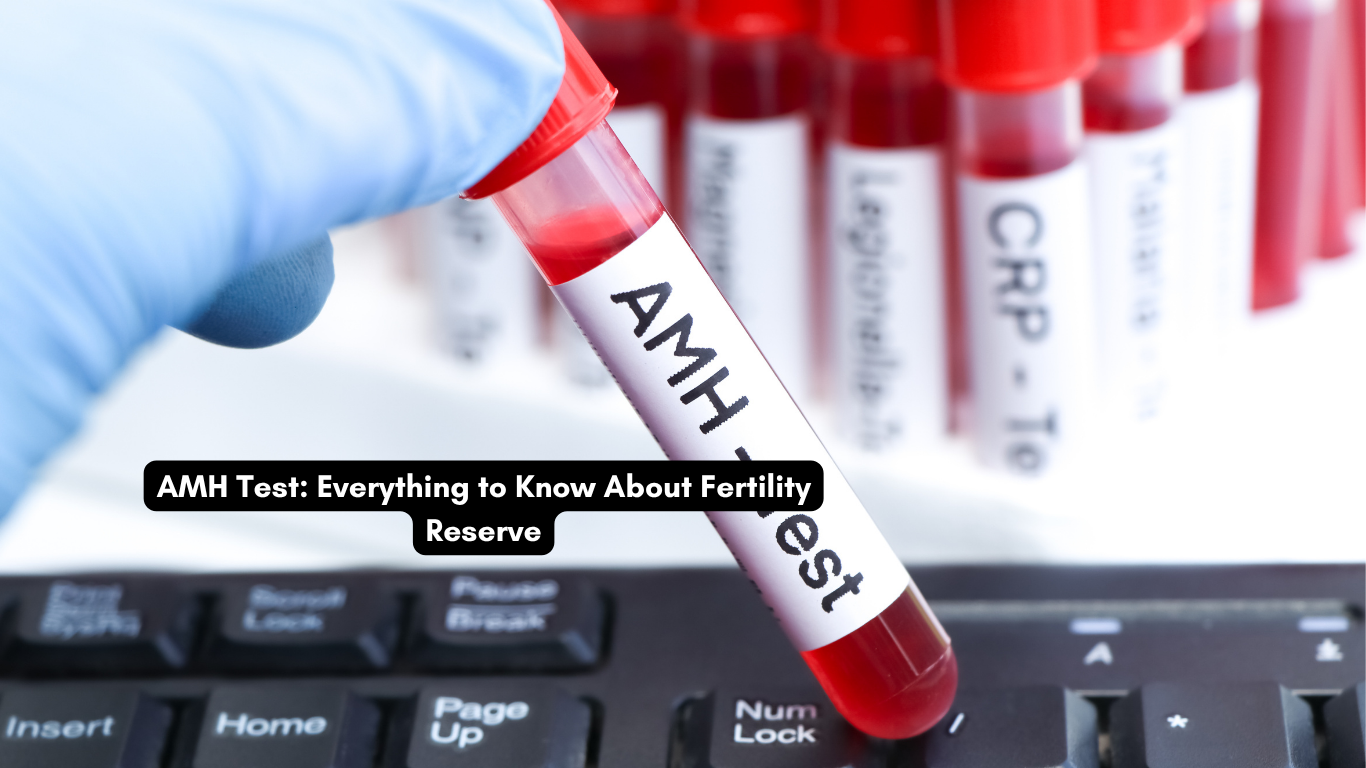
When couples dream of starting a family, fertility treatments like IVF (In Vitro Fertilization) and ICSI (Intracytoplasmic Sperm Injection) often come into the picture. While IVF has long been the go-to method, more and more couples today are choosing ICSI. But why is that? What makes ICSI stand out, and how does it improve the chances of conception?
If you’re exploring fertility options or consulting with the best IVF specialist in New Delhi, understanding these differences can help you make the best decision for your journey toward parenthood.
1. Introduction to ICSI and IVF
Both IVF and ICSI are groundbreaking fertility treatments that help couples conceive when natural methods fall short. IVF involves combining eggs and sperm in a lab dish, allowing fertilization to occur naturally. ICSI, on the other hand, takes things a step further-- by directly injecting a single sperm into an egg.
It's like the difference between casting a wide net and using a precise spear-- ICSI offers more control and accuracy, especially when sperm issues exist.
2. What Exactly is ICSI?
Intracytoplasmic Sperm Injection (ICSI) is a specialized form of IVF. In this procedure, embryologists select one healthy sperm and inject it directly into the egg's cytoplasm. This direct approach bypasses many natural barriers to fertilization, making it especially useful for couples facing male-factor infertility.
3. How is ICSI Different from IVF?
While both ICSI and IVF share similar stages-- egg retrieval, fertilization, and embryo transfer-- the main difference lies in how fertilization occurs:
IVF: Sperm and egg are mixed and left to fertilize naturally.
ICSI: A single sperm is injected directly into the egg using a microscopic needle.
This difference can make a huge impact on fertilization success rates, especially when sperm quality or quantity is an issue.
4. Reason # 1: Male Infertility Issues
One of the biggest reasons couples opt for ICSI is male infertility. Low sperm count, poor motility, or abnormal sperm shape can all make natural fertilization difficult.
ICSI overcomes these challenges by allowing embryologists to choose the healthiest sperm and inject it directly into the egg. This ensures fertilization even with minimal viable sperm available.
5. Reason # 2: Poor Sperm Motility
Sometimes, the problem isn't the number of sperm but how they move. Poor motility means the sperm can't reach or penetrate the egg effectively. With ICSI, movement isn't an obstacle-- the sperm is manually placed into the egg, eliminating the need for it to swim.
6. Reason # 3: Low Sperm Count
In cases of severe oligospermia (extremely low sperm count), traditional IVF may not be successful. But ICSI only requires a single healthy sperm per egg, making it ideal for such situations.
Even men with near-zero sperm counts can often have sperm extracted surgically and used for ICSI with great success.
7. Reason # 4: Previous IVF Failures
When IVF doesn't work after several cycles, it's understandable to feel disheartened. Many couples in this situation turn to ICSI.
Since ICSI allows direct fertilization, it reduces the uncertainty that sometimes causes IVF to fail. The best IVF specialist in New Delhi often recommends ICSI in such cases to improve outcomes and emotional confidence.
8. Reason # 5: Use of Frozen Sperm
Frozen or surgically retrieved sperm can sometimes be less active or viable. With ICSI, embryologists don't rely on sperm movement-- they can directly inject a sperm cell, ensuring fertilization even with non-motile or cryopreserved samples.
This is particularly beneficial for men who have undergone vasectomy or cancer treatment.
9. Reason # 6: Fertilization Precision
ICSI provides microscopic-level precision, reducing the guesswork in fertilization. By selecting a single, morphologically perfect sperm, embryologists can minimize the chances of abnormal fertilization or embryo development.
It's like aiming for the bullseye every time, rather than throwing darts in the dark.
10. Reason # 7: Overcoming Egg Barriers
Sometimes, the egg's outer layer (zona pellucida) is too thick or resistant, preventing sperm from penetrating it naturally. ICSI bypasses this barrier entirely, ensuring the sperm reaches the egg's interior.
For couples facing this issue, ICSI can be the key that unlocks the door to fertilization.
11. Reason # 8: Genetic Testing Compatibility
When couples opt for Preimplantation Genetic Testing (PGT), ICSI is often preferred. This is because it minimizes the risk of sperm DNA contaminating the testing sample, leading to more accurate genetic results.
This approach gives couples greater peace of mind, especially those with a history of genetic disorders.
12. Reason # 9: High Success Rates in Certain Cases
While success rates vary, studies show that ICSI often yields higher fertilization rates than traditional IVF-- especially for couples dealing with male infertility or past IVF failures.
Many patients consulting the best IVF specialist in New Delhi report improved embryo quality and pregnancy outcomes through ICSI compared to standard IVF methods.
13. Reason # 10: Guidance from the Best IVF Specialist in New Delhi
Technology alone isn't enough-- expert guidance matters just as much. The best IVF specialist in New Delhi can determine whether ICSI is the right approach based on individual medical history, sperm analysis, and egg quality.
With the right specialist, couples can expect a personalized treatment plan that maximizes their chances of success while ensuring emotional and physical well-being throughout the process.
14. Conclusion
Choosing between IVF and ICSI isn't a one-size-fits-all decision. It depends on individual circumstances, fertility challenges, and professional advice.
However, for couples facing male infertility, poor sperm quality, or past IVF failures, ICSI often offers a more targeted and effective path to conception. Consulting the best IVF specialist in New Delhi can help you understand whether ICSI is the right choice for your fertility journey.
Remember, parenthood isn't just about biology-- it's about persistence, hope, and choosing the right support system along the way.
FAQs
1. Is ICSI more successful than IVF?
ICSI often shows higher fertilization rates, especially for couples with male infertility, but overall success depends on age, egg quality, and the specialist's expertise.
2. Does ICSI increase the risk of birth defects?
Current research suggests that ICSI is generally safe. Any slightly increased risk is minimal and often linked to underlying genetic factors, not the procedure itself.
3. How much does ICSI cost compared to IVF in New Delhi?
ICSI typically costs slightly more than IVF due to the advanced technology involved, but consulting the best IVF specialist in New Delhi can help you find an affordable and effective plan.
4. Can ICSI be used with donor sperm?
Yes, ICSI can be performed using donor sperm when needed. It ensures precise fertilization and is often recommended for specific fertility challenges.
5. How do I know if I need ICSI?
If your fertility tests reveal sperm-related issues or if you've had failed IVF cycles, your fertility doctor may suggest ICSI as a more effective alternative.









Write a comment ...